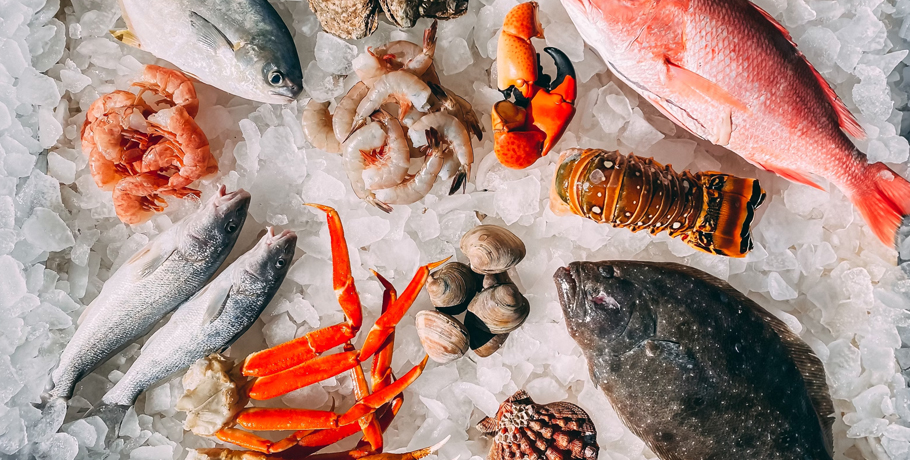
Zinc is an essential mineral that plays a crucial role in several biological processes in the body. In this article, we will explore what zinc is, its versatile functions in the body, why it is important for our health, symptoms of zinc deficiency, the recommended daily dosage, and the risk of overdose.
What is Zinc?
Zinc is an essential mineral that the body needs to carry out many different functions. It is a trace element, meaning it is needed in small amounts, but it plays a significant role in our overall health.
What is Zinc Good For?
Zinc is beneficial for many different functions such as the immune system, wound healing, carbohydrate metabolism, and the following listed functions in the body:
- Zinc contributes to the normal function of the immune system. Zinc is essential for maintaining a strong and healthy immune system and helps fight infections.
- Zinc is necessary for cells to grow, develop, and repair.
- Zinc promotes wound healing and is especially important for maintaining healthy skin.
- Zinc is part of enzymes involved in DNA synthesis, which is crucial for cell division and reproduction.
- Zinc is necessary for maintaining good vision and the sense of taste.
- Zinc contributes to protecting cells from oxidative stress.
- Zinc helps maintain normal hair, nails, and skin.
- Zinc contributes to normal acid-base balance.
- Zinc supports normal carbohydrate metabolism.
- Zinc contributes to normal cognitive function.
- Zinc is involved in normal DNA synthesis.
- Zinc contributes to normal fertility and reproduction.
- Zinc helps with normal macronutrient metabolism.
- Zinc supports normal fatty acid metabolism.
- Zinc contributes to normal vitamin A metabolism.
- Zinc helps in normal protein synthesis.
- Zinc contributes to maintaining normal bone structure.
- Zinc helps maintain normal testosterone levels in the blood.
- Zinc supports normal vision.
- Zinc plays a role in the cell division process.
Foods Containing Zinc
Meat is an excellent source of zinc. Chicken and turkey also contain significant amounts of zinc. Shellfish such as mussels and oysters are particularly rich in zinc, while other seafood like crab and shrimp contain smaller amounts. Cheese and yogurt contain zinc, though the amounts may vary. Eggs contain a small amount of zinc.
How Much Zinc Do I Need per Day?
The recommended daily intake of zinc varies depending on age, gender, and lifestyle. Here are some guidelines:
Men 14 years and older: 11 milligrams
Women 14 years and older: 8–9 milligrams
Pregnant women: 11–12 milligrams
Lactating women: 12–23 milligrams
Can You Overdose on Zinc?
It is possible to overdose on zinc, though it is very rare. The UL (Upper Level or Tolerable Upper Intake Level) is a term used in nutritional science to indicate the highest daily amount of a nutrient that can be consumed without risking negative health effects. The UL is established by expert panels that evaluate available scientific research on nutrients and their potential risks. They consider all known sources of the nutrient, including diet, supplements, and, in some cases, fortified foods. The UL for zinc is 30 milligrams per day from supplements, according to CRN.
Sources & References
Swedish Food Agency: https://www.livsmedelsverket.se/livsmedel-och-innehall/naringsamne/salt-och-mineraler1/zink
Saper RB, Rash R. Am Fam Physician. 2009 May PMCID: PMC2820120.
McClung JP. Biol Trace Elem Res. 2019 Mar PMID: 30112658.
